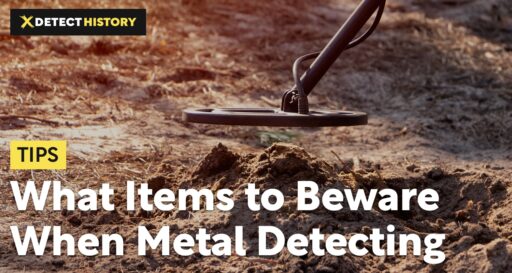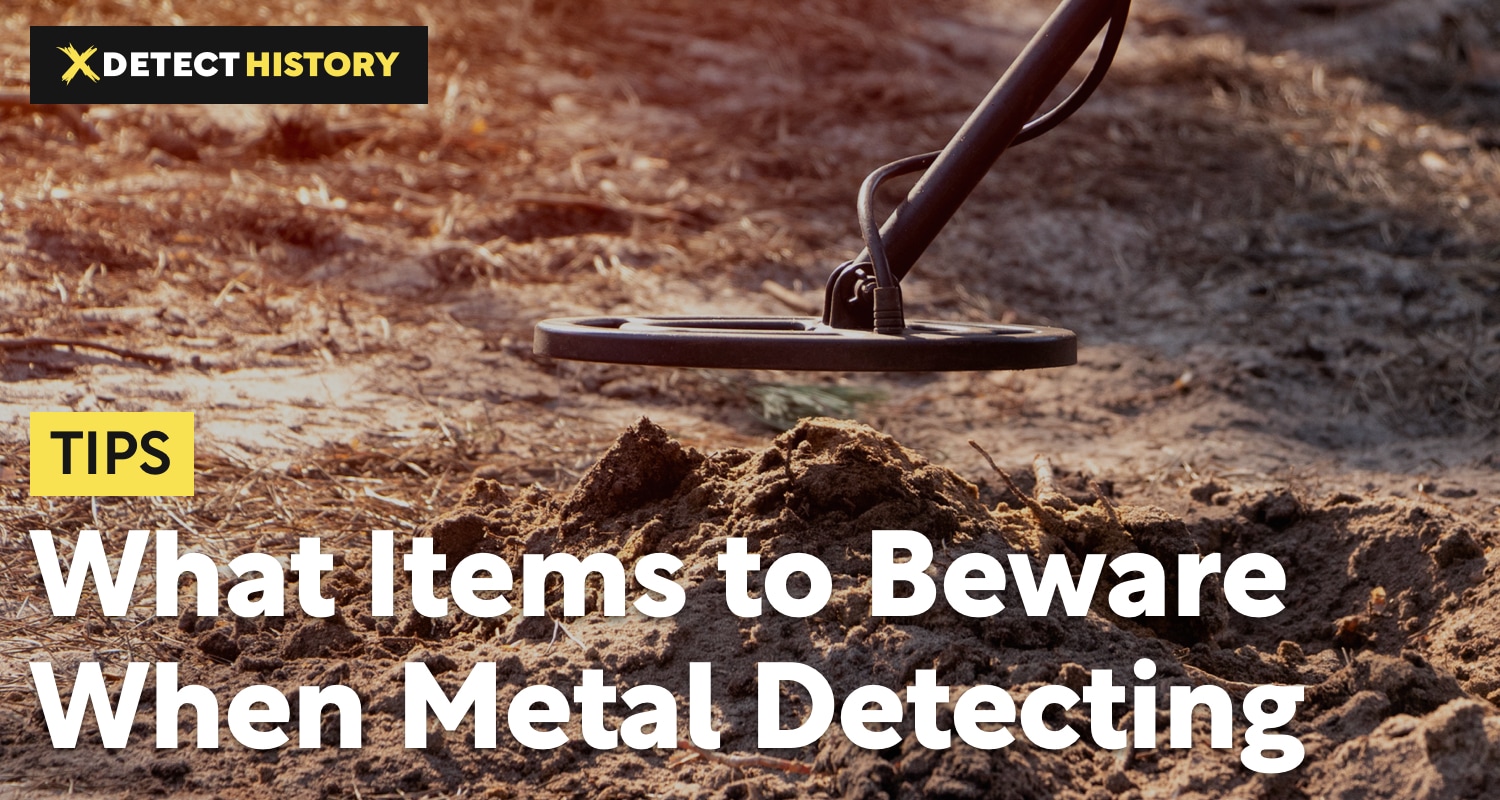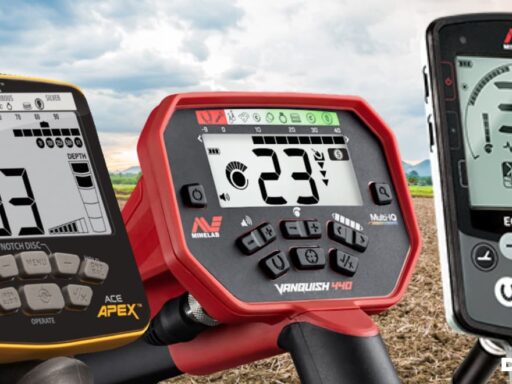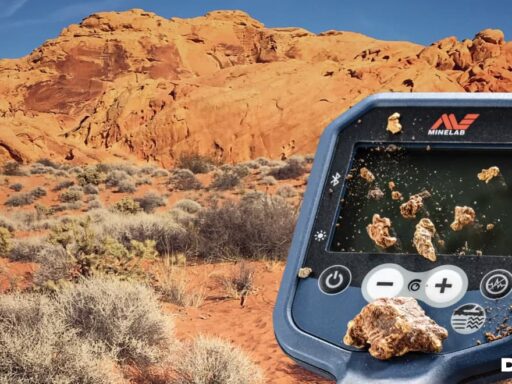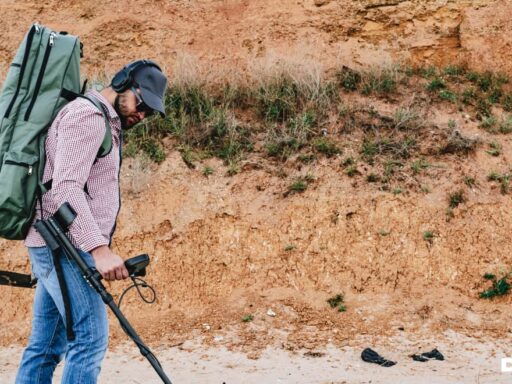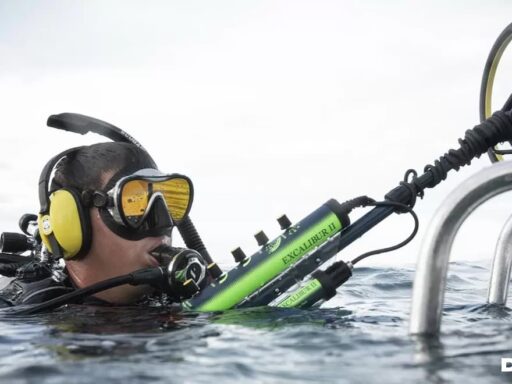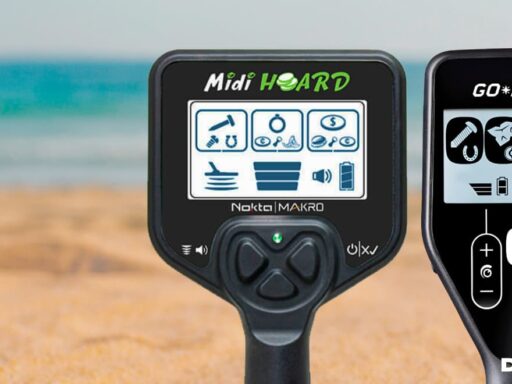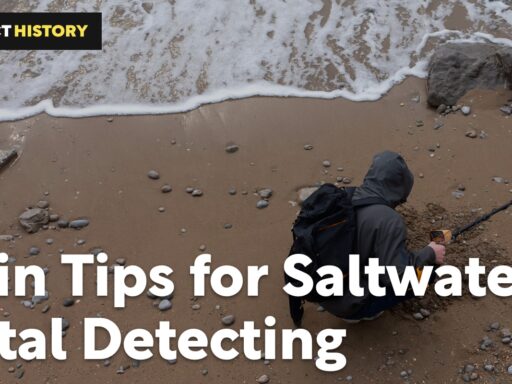Metal detecting is a very cool hobby more and more people want to pursue. Some do it because they are interested in history, culture, or archaeology; others do that because they believe metal detecting is a nice recreational activity; other people still do metal detecting for the sake of profit. In fact, metal detecting becomes more and more popular all over the world. It is very exciting, and yet comparatively easy to enter, and even a child can master metal detecting and find some cool items.
However, metal detecting requires some learning, both theoretical and practical, and to make detecting successful, the treasure hunter should develop certain skills. One of the skills is to follow the metal detecting Code of Ethics and also safety rules, at all times. The point is, metal detecting suggests lots of digging, handling trash and rusty metal, and all kinds of stuff. As a result, this hobby can become somewhat dangerous, depending on where you detect and what items you are looking for. This is why every digger should be aware of what items to expect, what items can be out there, and how to protect themselves from dangers of handling, or stepping on those items.
Dangerous Finds
If you look at the list of most popular and potentially fruitful places for metal detecting, you will see such locations as roadsides, old houses, ghost towns, picnic and camping areas, and even old city dumps. Logically, these places are interesting because many people hang out there, and many items of all kinds can be found there. However, this also means that these places usually have tons of trash which accumulates there sometimes for decades.
Also, other people tend to bring, drop, lose, or throw away really dangerous stuff, and not only around old city dumps, but literally everywhere. Guess what is the most frequently found dangerous item you can find on a schoolyard or on a crowded beach? These are collapsible pocket knives, most often opened. So, do not be made to believe that you should only be careful around places that seem trashy or dangerous. You have to be cautious at all times when you metal detect.
Below is a list of the most widespread objects you can spot when treasure hunting, and those items do not depend on location, they can be found almost anywhere:
- table-ware
- nails
- knives
- instruments
- spare parts of mechanisms
- broken glass (especially on the beach and on picnic areas)
- fish hooks
- syringes
- spray bottles
- plumbing
- wires
- gun shell casings
- bullets
- razor blades
- munitions (these can even be live so be careful and report to the police)
- sewing needles
- crossbow bolts
- rat traps
- rusty objects (these can be dangerous if you cut yourself with rusty metal)
- all kinds of sharp items (even broken children toys)
- biological hazards (dead animals which died of infection)
- toxic contaminants in soils or water (on dumps)
- adult intimacy items (can also be contaminated with infections)
This impressive list of hazards is a proof that using proper digging tools and gloves is crucial for every treasure hunter. There are also other important safety rules.
Important Rules
While metal detecting can be really fun, you should always take care of your health to avoid sunburn and dehydration, take maps with you to avoid getting lost, and be careful when meeting strangers. However, here we are talking about the danger of handling or stepping on some items that can cause damage. So, the rules are as follows:
- never walk barefoot – this rule should work even if you metal detect on a crowded sand beach and there are children running around you. Firstly, you can walk where other people do not walk, for example on sharp rocks. Secondly, you may spend too much time on hot sand, or on cold wet sand, which is not healthy, so better wear shoes.
- use gloves – using gloves is a must, also for a bunch of reasons. Wearing gloves, you protect your hands from whatever is buried down there, and you also protect potentially valuable finds from your dirty sweaty fingers. Moreover, holding a metal detector for long hours is less damaging for your hands if you wear gloves.
- dig carefully – you may not be aware there is a glass bottle, a live wire, or a live piece of munition down there.
- never handle munitions – if you stumble across what seems like live munition, never handle it. Cover it carefully, put a fence if possible, or bury it back and mark the place (if you suspect that other people may become interested and start messing with it while you are away), and report to the police.
- use proper digging tools – digging tools are convenient, efficient, and are designed in a way to minimize your contact with the potentially dangerous item.
- consider knee pads – these will protect your knees from hard surfaces and stones, or from broken glass or nails you fail to notice.
Hopefully, these rules will keep you a bit safer every time you go out to metal detect!
